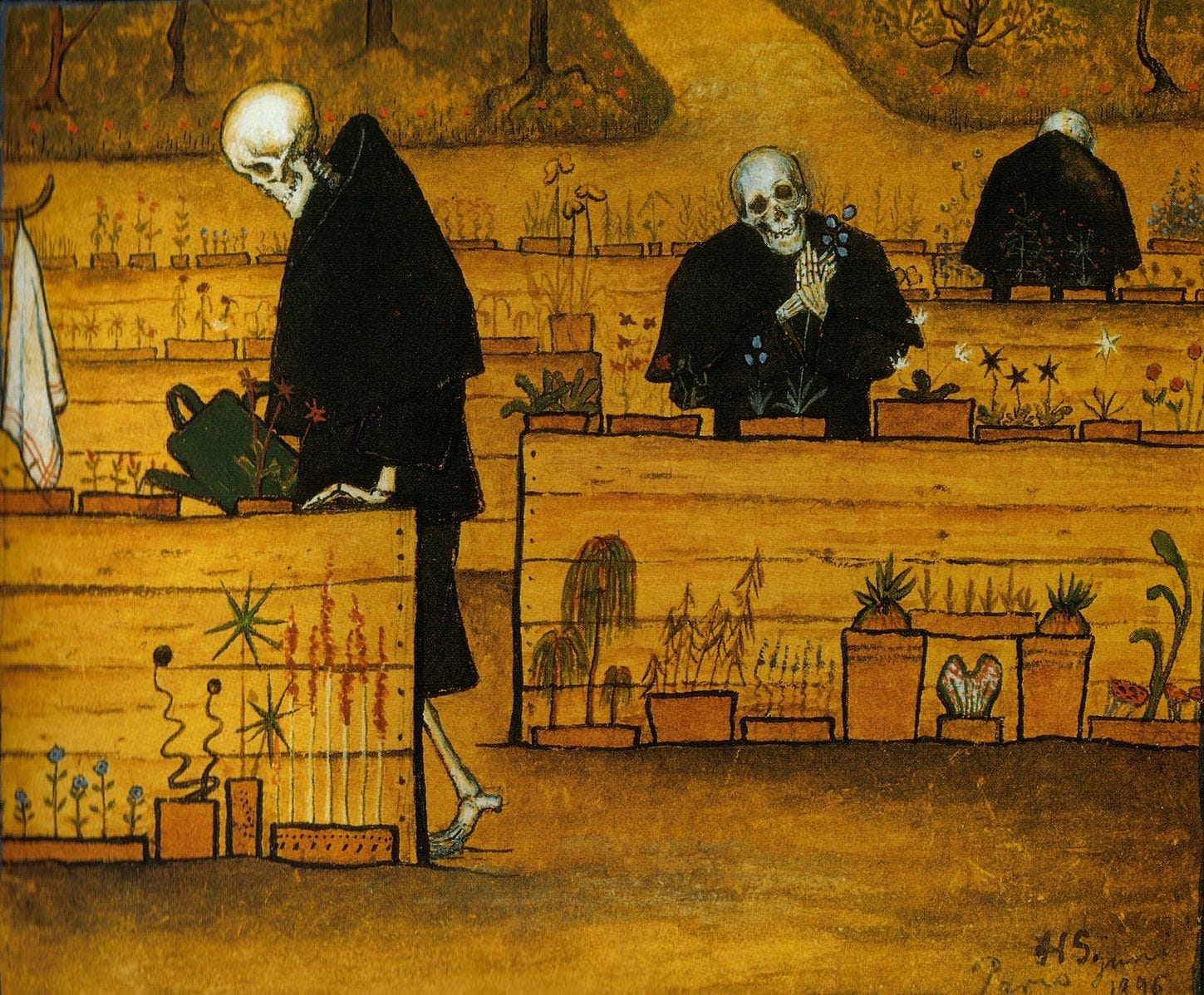Surviving Impossible Circumstances
Feminist protests in Iran, Russians confront the reality of war, and more
September 29, 2022
In this week’s issue of Public Seminar, David Lay Williams reminds us why the intellectual godfather of capitalism was seen as a devil in his own time, Kian Tajbakhsh finds hope in the uprising in Iran, Anastasia Shteinert interviews Russians confronting mobilization, James Carroll examines life after war, and David Hollinger chats with Claire Potter about why Americans need to reckon with Christianity, whether they’re believers or not.
Democracy and Religion
“The protests did not emerge out of nowhere. For over four decades the Islamic Republic of Iran has tried to impose its Islamist model of public space (and political rule) on a recalcitrant majority population through organs such as the morality police. And for over four decades millions of women of all classes have resisted this coercive norm by engaging in one of the longest running campaigns of civil disobedience in any society by regularly and defiantly displaying inches of hair beyond their receding headscarves.” Kian Tajbakhsh explains why the taboo-breaking feminist movement in Iran is likely to have a profound impact on gender relations. (September 28, 2022)
In a conversation with Claire Potter, historian David Hollinger talks about his forthcoming book, Christianity’s American Fate: How Religion Became More Conservative and Society More Secular (Princeton University Press). “We’re now confronted with a remarkable paradox. Our increasingly secular society is saddled with increasingly religious politics. Religion is ever-more prominent in Supreme Court decisions and in the statements that candidates for political office make. Politics are not only more religious, they are more Christian.” (September 26, 2022)
Enjoying this issue of Public Seminar? Why not share it with a friend?
Nuclear War
“‘My friends and colleagues don’t really discuss the nuclear threat,’” Tatiana, a school teacher from Moscow, told Public Seminar in an online chat. ‘People are in a hurry to prepare things and documents for departure abroad, rush to the border and worry about whether they will be mobilized or not. Someone’s loved ones are already forced to go fight.’” In the wake of Putin’s recent mobilization of citizens to fight in Ukraine, Anastasia Shteinert interviews Russians desperate to avoid conscription and, in some cases, preparing for the worst. (September 28, 2022)
In Part 4 of his reckoning with the war in Ukraine and anti-war activism, James Carroll asks what happens when a war ends. “In the past, the endgame phase of wars have proven great teachers, the precious time when the human imagination and the human heart have been prised open in new ways. The just-ended horror has sharp edges that will soon be rubbed smooth by time, but while the gruesomeness remains fresh in the social memory, real change in what led to the slaughter can seem absolutely mandatory.” (September 26, 2022)
New to our newsletter? Sign up for free public debate direct to your inbox.
Economic Antichrist
“At the time, Mandeville’s arguments were perceived as profoundly immoral and anti-Christian. Indeed, his early critics took his name, Man devil(le), as evidence that he was the Antichrist. Adam Smith described him as ‘almost wholly pernicious,’ and his doctrines ‘in almost every respect erroneous.’ Karl Marx, by contrast, described him as ‘an honest man with a clear mind’—because he was the one capitalist who spoke honestly about the real implications of capitalism—that it must, by definition, impose poverty on the vast majority of workers.” So why, David Lay Williams wonders, would a Wall Street Journal op-ed resurrect a Mandevillian theory of inequality? (September 27, 2022)




